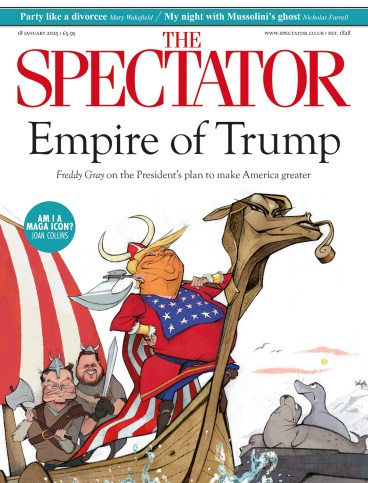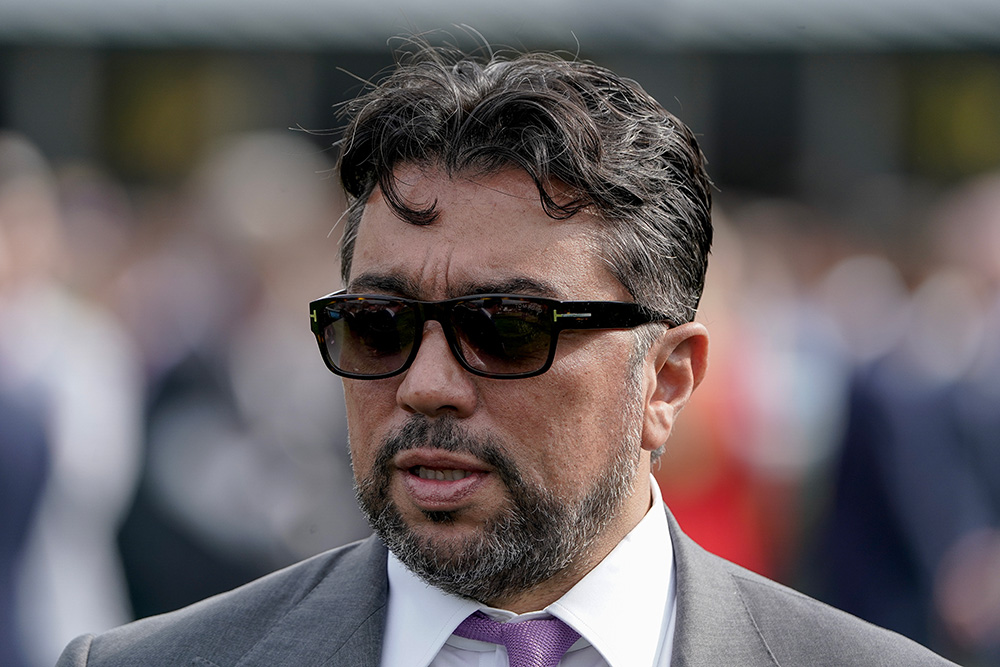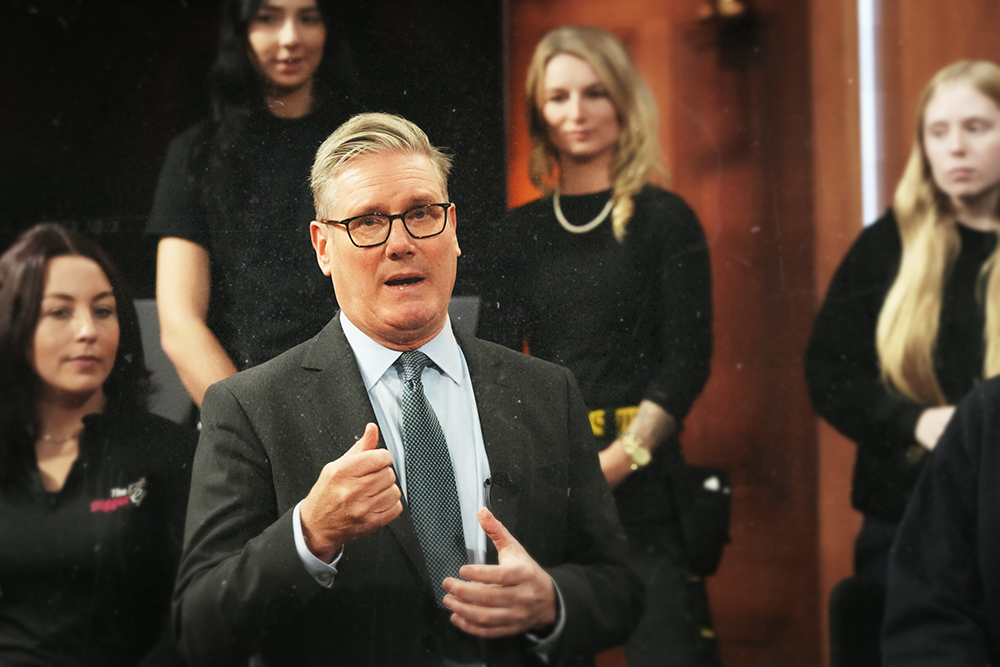
A generous new Levy deal would be nice, as would English-based trainers producing as many winners as their Irish counterparts at this year’s Cheltenham Festival. But perhaps the most important development for British racing in 2025 is that the massive gamble being taken by the 53-year-old Anglo-Iranian Kia Joorabchian should begin to pay off. Joorabchian, who has made a tidy fortune from investment companies and football dealings, has been a racehorse owner for more than 20 years and over 200 winners have carried his colours. Now he has committed himself to ambition on a totally different scale.
The sheer ambition of Joorabchian’s enterprise has to be admired, so too his willingness to use young trainers
The catalyst, it seems, was the 2024 running of the seven-furlong Darley Dewhurst Stakes, a recognised indicator of horses likely to vie for the Classics of the following year. Joorabchian noted that two of the five runners in the race were owned by the Irish-based billionaire buddy group going by the name of Coolmore, and two by Godolphin, the operation headed by Dubai’s ruler Sheikh Mohammed. He says that if football’s top trophies went invariably to Manchester City and Liverpool it would be a boring sport and that more competition would stimulate more interest in racing. He argues that British racing doesn’t have enough new blood coming into it, that it has a prize money crisis and an attendance crisis. To that end, he splashed the cash in the 2024 sales season with a boldness we can all applaud, even if some see it as foolhardiness. He declares: ‘We have created some excitement: I hope we can inject a bit of life.’
Joorabchian spent £24 million-plus at Book One of the October yearling sale, more than either Coolmore or Godolphin, on 25 new recruits. The purchases included £4.62 million for a Frankel filly out of Aljazzi and £4.52 million for a Wootton Bassett colt out of Park Bloom. At the December foal sale he spent £2.5 million for a sister to the 2000 Guineas winner Chaldean, and he spent £4.8 million on You Got To Me, the Nathaniel filly trained by Ralph Beckett to win the 2024 Irish Oaks. That took his total spend for the year to more than £38 million. In the meantime he has been negotiating the purchase of the now-retired Sir Michael Stoute’s Freemason Lodge as a new Newmarket training base for his Amo Racing.
Wisely Joorabchian has persuaded some other powerful players to join him on a number of his purchases, including the Qatari royal Sheikh Joaan al Thani, Anthony Ramsden’s Valmont Racing and the Greek tycoon owner of Nottingham Forest Evangelos Marinakis. What is clear from the pattern of Joorabchian’s spending is that he has acknowledged that you cannot hope to reach the top level of ownership with multiple Group races and the occasional Classic unless you breed your own horses. A large proportion of the Group Ones won last year by Godolphin or Coolmore were homebreds from operations dating back to the days of Vincent O’Brien and Robert Sangster. Each of the current top teams has had a super-sire as a key part of their armoury: for Godolphin it has been Dubawi, for Coolmore it has been Sadler’s Wells and Galileo, and for Juddmonte it is Frankel.
To dine at the top table Amo Racing is going to have to find its own super-sire. Its boss is clearly hopeful that King Of Steel, on whom Frankie Dettori won the Champion Stakes and who had finished second in the Derby, will be one of the mainstays of his breeding operation, but sadly he was injured last year and retired with no chance of adding to his racecourse achievements. I always loved the look of King of Steel, a remarkably athletic horse for such a big son of Wootton Bassett, and breeders who take advantage of his initial stallion fee of just £20,000 could be getting a significant bargain.
The sheer ambition of Joorabchian’s enterprise has to be admired, so too his willingness to use young trainers like George Boughbey and George Scott alongside established stars such as Ralph Beckett. Paying fancy prices has never been a guarantee of success and there are numerous examples of well-bred youngsters purchased on the advice of knowledgeable bloodstock agents who have subsequently failed to win even a Catterick seller on a wet Tuesday. Amo Racing’s owner knows he has paid heavily over the odds for some of his purchases but insists: ‘If we want to compete we have to get these top pedigrees.’ What irks him though is that his competitors have been able to benefit from ‘foal shares’, the practice where a stud provides a free nomination for a stallion but then owns half the resulting foal when it is sold. Joorabchian adds: ‘They are paying 50 cents to the dollar on a horse because they are on a foal share but we are paying dollar for dollar.’ In the course of this year we shall see plenty of new Amo Racing horses on the racetrack: it is surely in the interests of racing that bravery is favoured by some good fortune.







Comments